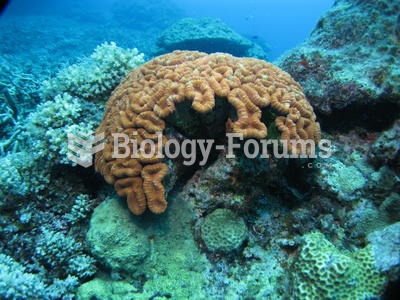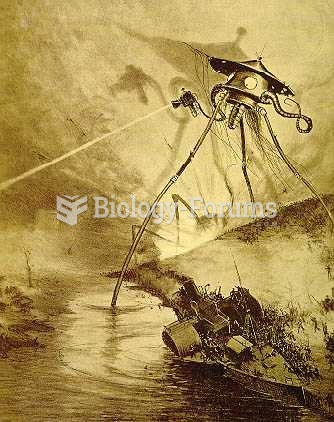|
|
|
Asthma-like symptoms were first recorded about 3,500 years ago in Egypt. The first manuscript specifically written about asthma was in the year 1190, describing a condition characterized by sudden breathlessness. The treatments listed in this manuscript include chicken soup, herbs, and sexual abstinence.
The B-complex vitamins and vitamin C are not stored in the body and must be replaced each day.
By definition, when a medication is administered intravenously, its bioavailability is 100%.
Adolescents often feel clumsy during puberty because during this time of development, their hands and feet grow faster than their arms and legs do. The body is therefore out of proportion. One out of five adolescents actually experiences growing pains during this period.
The average human gut is home to perhaps 500 to 1,000 different species of bacteria.






